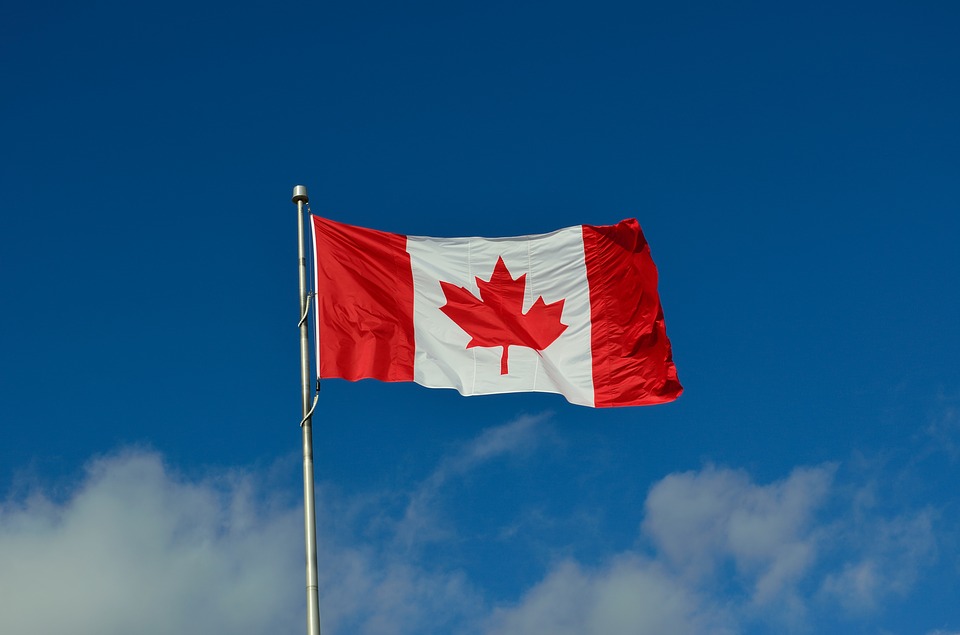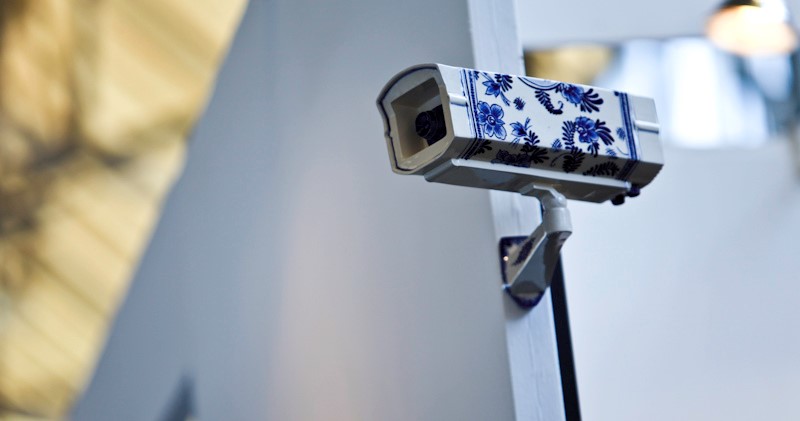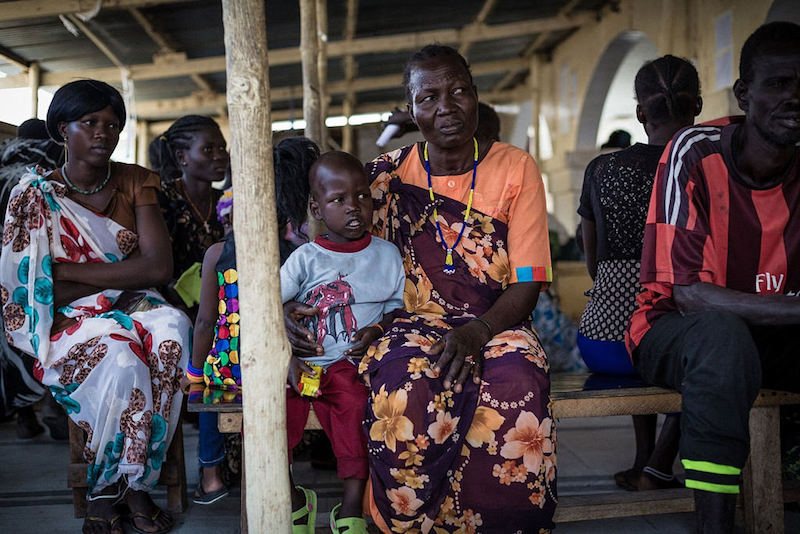The reality and severity of foreign interference and disinformation has caught the attention of Canadians as upcoming federal elections quickly approach. Despite Canada’s relatively tame reputation as a ‘peaceful’ country, this has not made the country immune to the threat of foreign disinformation attacks. Anticipating these attacks, multiple actors in Canadian society have stepped up to propose solutions on how best to support and secure Canada before, during, and after the federal election. Some of the key players involved in this battle for an uninfluenced election include but are not limited to the Canadian government and multiple multi-national corporations. Partnerships with other countries who have been frequently targeted by disinformation campaigns such as Latvia, and reviewing laws and policy related to election ads have also been at the forefront of preparatory measures.
Canadian Foreign Affairs Minister Chrystia Freeland and one of Canada’s spy agencies the Communications Security Establishment – had recently warned against foreign actors interfering with the upcoming federal election in October. Alongside these warnings, the Deputy Prime Minister and Defence Minister of Latvia, Artis Pabriks has offered to assist Canada in “[addressing] foreign meddling”. Latvia faces its own issues with Russian disinformation, and is also home to Canada’s biggest current deployment, as well as providing the base for the NATO Strategic Communications Centre of Excellence.
Both Canadian and Latvian authorities have highlighted Russia’s significant role in promoting disinformation abroad with the ultimate goal of sowing doubt and skepticism amongst civil society, wreaking havoc for the governance of NATO countries and their allies. The most famous recent example of Russian disinformation is the 2016 U.S. Presidential election, where Russian hackers used various forms of infiltration to support presidential candidate Donald Trump and undermine his political opponent, Hillary Clinton. Placing advertisements, creating fake profiles, and organizing political rallies were a few of the practices used to influence the country’s election results. Due to the continued presence of foreign interference, constant attention and adaptability will likely be required to effectively combat any cyber-attacks. One precaution and defence already agreed upon by the Canadian government is to have a “well-informed and prepared public to identify false narratives and disinformation against information warfare”. There is a great emphasis on the citizens’ abilities to identify and interpret media and information for themselves.
The security threats have not only caught the attention of government actors, but also the eyes of Canada’s most popular web platforms and social media sites, all of which have previously run federal election advertisements. The revised election rules released by Parliament for the upcoming election allow for companies only to set up ad registries which “include copies of the ads and the name of the person who authorized them”. As a result, many companies have stated that they would rather completely ban political advertising, than adapt to new regulations. Big web players like Microsoft, Reddit, Google, and Kijiji are among the few to participate in this advertisement ban. As for those deciding to set up advertisement registries, current companies include Facebook, Instagram, and CBC.ca. On top of these precautions, officials are considering switching over existing automated systems to manually operated ones, so that the cyber-attacks can be more easily countered.
Even with companies and the Canadian government on alert for these foreign attacks, NDP MP Nathan Cullen criticized the precautionary legislation. Cullen stated that although these popular platforms have banned the ads, that only means that hackers will attempt to infiltrate Canadian society through other forums, some of which may be even more difficult to track and keep up with. Some of these tactics may include utilizing lowkey websites, which have a higher possibility of falling under the radar of government surveillance.
With this in mind, the onus ultimately falls upon Canadian citizens to be well informed and to think critically about any media that is released nearing election season. Legislation, policy, and company ad bans cannot prevent unregulated web areas or lowkey websites from being infiltrated. Nonetheless, there should be an increasing focus on equipping Canadian civil society with the resources and abilities to distinguish instances of disinformation, and to ultimately make an informed decision when it comes time to vote in October 2019.
Featured Image: Canadian Flag (2016), by ElasticComputeFarm via Pixabay. Public Domain.
Disclaimer: Any views or opinions expressed in articles are solely those of the authors
and do not necessarily represent the views of the NATO Association of Canada.




